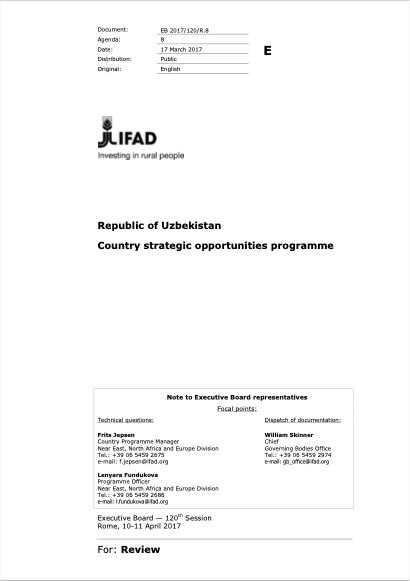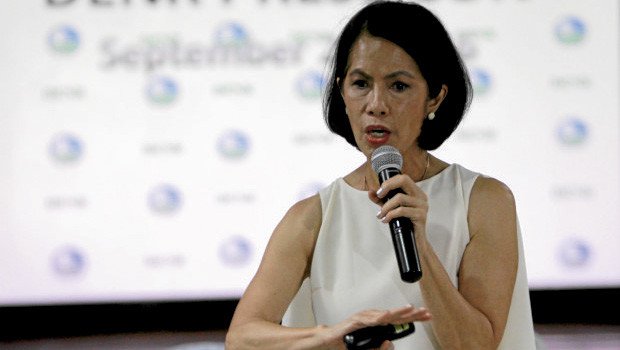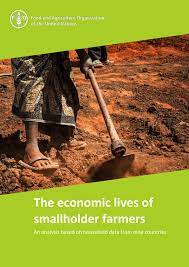Impact of large scale investments on the livelihoods of smallholder farming communities : the cases of green fuels and Tongaat Hullett Zimbabwe
The impacts of large-scale agricultural investments on rural communities’ land ownership, food security, productivity, income, and access to education and health differ within and between communities depending on business and government influence. Recent examples of large-scale investment models are dependent on the legal landscape in the investor’s country of origin, the investor-community linkages, and the nature of partnership with governments.











